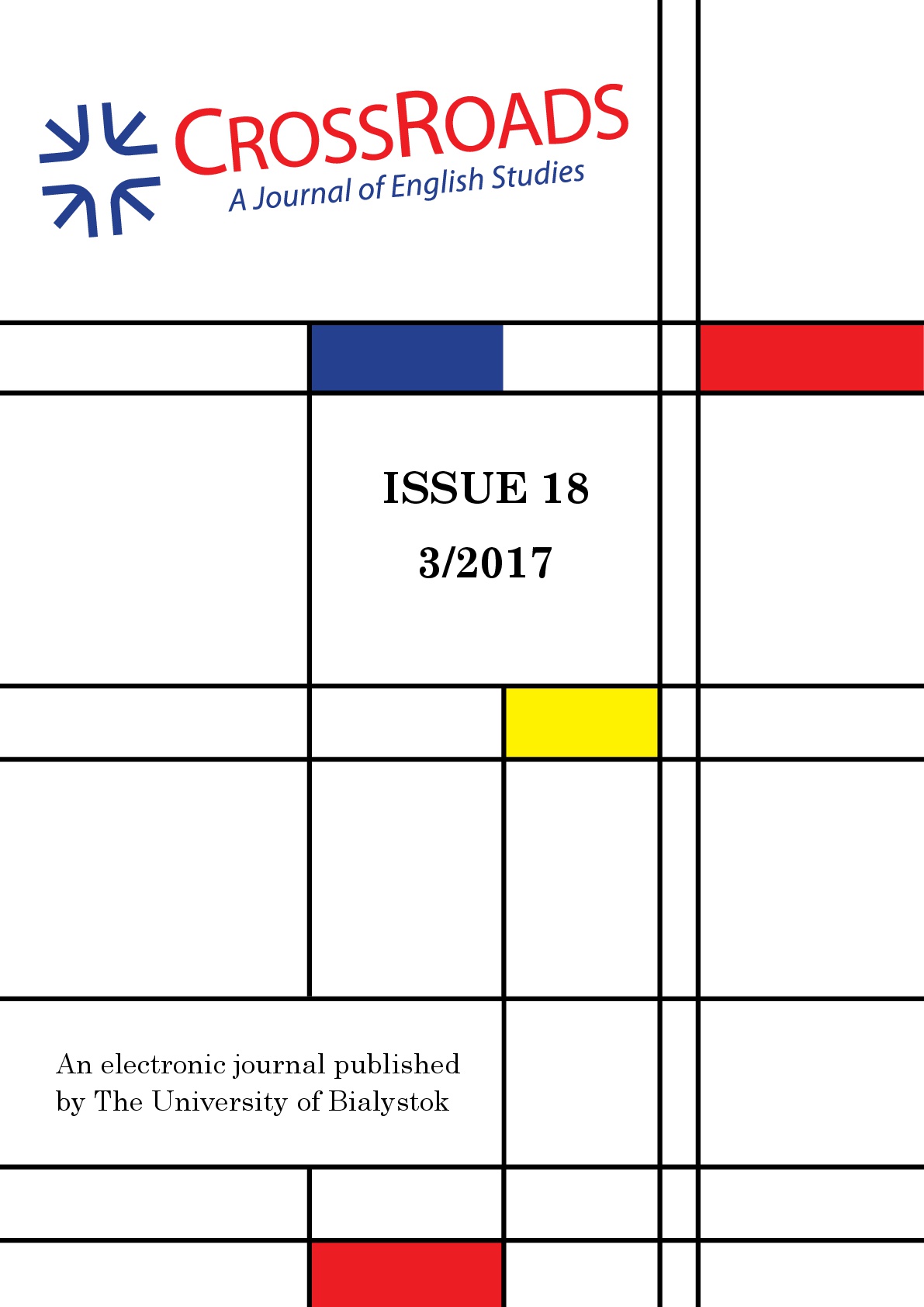Time and History at the Crossroads of Polish Imaginary Genres. Krzysztof Piskorski’s Czterdzieści i cztery and Andrzej Pilipiuk’s Operacja Dzień Wskrzeszenia
Time and History at the Crossroads of Polish Imaginary Genres. Krzysztof Piskorski’s Czterdzieści i cztery and Andrzej Pilipiuk’s Operacja Dzień Wskrzeszenia
Author(s): Ewa DrabSubject(s): Recent History (1900 till today), Polish Literature, Theory of Literature
Published by: Wydział Filologiczny Uniwersytetu w Białymstoku
Keywords: History; time; Krzysztof Piskorski; Andrzej Pilipiuk; Polish fantasy; steampunk; science-fiction;
Summary/Abstract: The present article is an attempt to examine the meaning of time and history in Polish steampunk and science fiction, where time-related concepts constitute the foundations of the genres. As it locates steampunk in a precise period of the 19th century, history determines its definition, regardless of the nationality of the author. What differs in the Polish variation of steampunk is the spatial, not temporal, frame, a modification clearly visible in Krzysztof Piskorski’s Czterdzieści i cztery (2016), where the Polish fight for independence is presented through the prism of the protagonist’s journey across European countries. In science fiction, the determinant factor is time in time travel, as well as the historical perspective of the idea of progress. The presentation of Andrzej Pilipiuk’s Operacja Dzień Wskrzeszenia (2006) proves the importance of time in science fiction and points to the paradoxes which SF authors have to face. All in all, the examination of both novels shows the difference in the approach adopted by two 21st century Polish writers towards different, yet similar, concepts.
Journal: Crossroads. A Journal of English Studies
- Issue Year: 2017
- Issue No: 03 (18)
- Page Range: 36-47
- Page Count: 12
- Language: English

